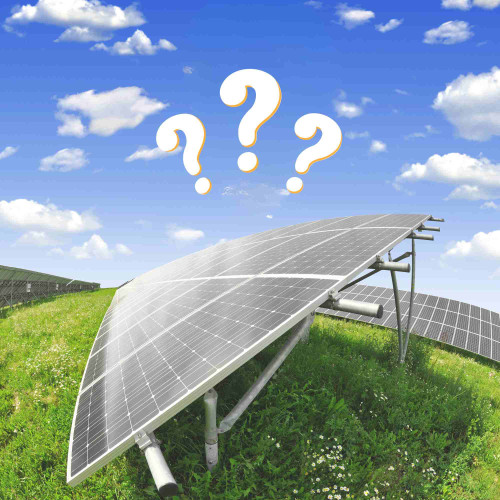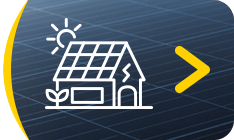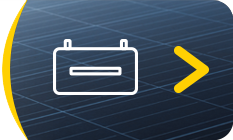- 15 Jun, 2023
- Solar Training , Myths & Facts

Photovoltaics is a clean and renewable energy source that often sparks misconceptions. Regular innovations in the sector make it possible to offer more environmentally friendly and efficient products. It is important to stay up to date to better understand this renewable energy source and dispel certain misconceptions. In this article, we set the record straight on some of the most common misconceptions about solar panels.
Photovoltaics are made with rare earth elements
One of the most widespread misconceptions is that solar panels use rare earth elements. In reality, the vast majority of solar panels use silicon, a material abundant in the Earth's crust. While some more advanced solar technologies may require the use of rare earth elements in small quantities, this dependence is increasingly reduced thanks to technological advancements and the search for new alternatives.
We are heading towards a silicon shortage
Another false idea is the alleged silicon shortage, which would impact the availability of solar panels. In reality, the supply of silicon is abundant and widely used in many industries, including the solar panel industry. Progress in silicon extraction and purification techniques has also contributed to a more than sufficient supply to meet the growing demand for solar panels.
Installing photovoltaic solar panels is expensive and not profitable
Although the initial costs of installation may seem high, it is important to consider the long-term benefits. With the rise in electricity costs and the decrease in equipment prices, solar installations are becoming increasingly profitable. Solar panels can significantly reduce electricity bills, offer tax incentives, and can even generate income through the sale of excess energy. In the long run, solar panels can be a cost-effective option.
Solar panels do not produce electricity in winter or when it's cloudy
Another misconception is that solar panels only produce electricity during the summer months. In reality, even in cloudy weather or during less sunny seasons, solar panels can still generate electricity. They are designed to operate optimally even in low light conditions. Additionally, excess electricity generated during sunny months can be stored or sold, ensuring a continuous use of solar energy.
Photovoltaics are not environmentally friendly and have poor recycling capabilities
When it comes to pollution and recycling, solar panels are actually an eco-friendly solution. They do not produce harmful emissions during operation and have a significantly lower environmental impact compared to traditional energy sources.
With the technological advancements in the sector, the lifespan and performance of panels continue to improve. They are now guaranteed for up to 30 years and can continue to function for another decade with minimal loss of efficiency.
As for waste treatment, we can now recycle 95% of solar panel components, such as glass and aluminum. This technology can therefore be considered sustainable.
All solar panels are manufactured in China
Regarding the Chinese origin of solar panels, it is true that China is a major player in the solar industry due to its high production capacity. However, there are manufacturers all over the world, including the brand I'M Solar, which produces in Europe.
As you can see, what was true a few decades ago is no longer the case today... photovoltaics is an efficient, affordable, and environmentally friendly renewable energy source. By adopting solar energy, you can not only reduce your carbon footprint but also achieve long-term savings. Don't hesitate to explore this option for your home or business.
Visit our online configurator to get a quick quote in just a few clicks.











